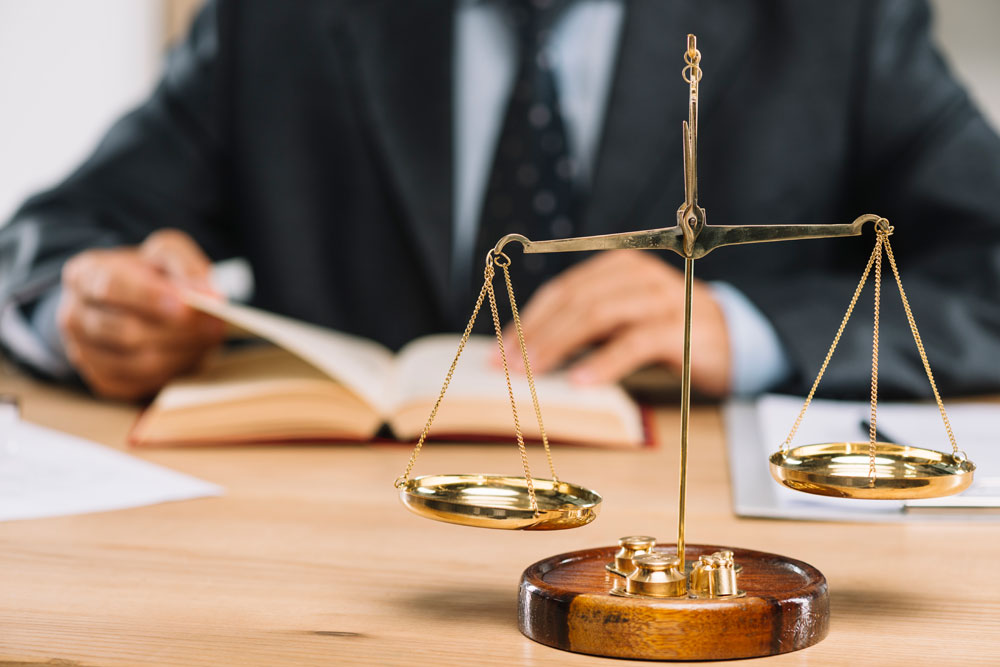
Renting a Place: What Teenagers Should Know in Azerbaijan
As you grow older, you might start thinking about moving out for university or work, and that’s when you’ll need to understand how renting works. Whether it's for a dorm or an apartment, it's important to know your rights and responsibilities when signing a rental agreement.
What is a Rental Agreement?
A rental agreement is a contract between the tenant (you) and the landlord (the property owner) that outlines the terms of renting the property. This contract is important because it protects both you and the landlord. It sets out things like:
How much rent you need to pay each month.
The duration of the rental (for example, 6 months or a year)
Your responsibilities (e.g., keeping the place clean, paying bills on time)
The landlord’s responsibilities (e.g., providing water, electricity, and repairs
What Rights Do Tenants Have?
In Azerbaijan, renters have several legal protections under the Civil Code. These include:
1. Right to Livable Conditions: The place you rent must be safe and have access to basic utilities like water, heating, and electricity.
2.Security of Tenure: As long as you follow the agreement, the landlord cannot evict you without proper notice. Typically, you must be given 30 days' notice before eviction, unless you break the contract.
3. Privacy: Your landlord cannot enter the property without notifying you in advance, except for emergencies.
Your Responsibilities as a Tenant
While you have rights, you also have responsibilities. These include:
Paying your rent on time. Missing payments could lead to eviction.
Keeping the property in good condition. You’re responsible for any damage beyond normal wear and tear.
Paying utility bills like water, electricity, and internet unless it’s stated otherwise in your agreement.
Security Deposit
In most cases, the landlord will ask for a security deposit—a sum of money (usually one month’s rent) to cover potential damages. If you leave the apartment in good condition when you move out, you should get this money back.
What Happens in Case of a Dispute?
If you have a problem with your landlord, like if they fail to provide promised services, you can file a complaint with the municipal housing authority or take the matter to court. It’s always a good idea to keep a copy of your rental contract to show as evidence in case of disputes.